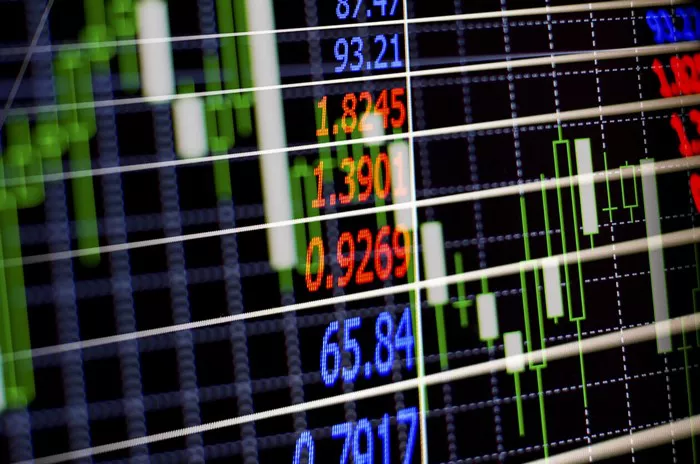Futures exchanges serve as vital pillars of the global financial system, offering a myriad of benefits to market participants. From risk management to price discovery and liquidity provision, these exchanges play a pivotal role in shaping market dynamics and fostering efficient trading environments. In this article, we delve into the primary benefits of futures exchanges, highlighting their significance in today’s interconnected financial landscape.
Risk Management
One of the foremost benefits of futures exchanges lies in their ability to facilitate risk management for companies and individuals alike. By allowing market participants to hedge against price fluctuations in various commodities and financial instruments, futures contracts provide a mechanism for mitigating exposure to volatile market conditions. For example, a farmer can use futures contracts to lock in a predetermined price for their crops, thereby safeguarding against adverse price movements in the agricultural markets.
Price Discovery
Another crucial function of futures exchanges is their role in facilitating price discovery. Through continuous trading and price dissemination, futures markets enable participants to assess the fair market value of underlying assets in real-time. This transparent price discovery mechanism not only helps market participants make informed trading decisions but also contributes to overall market efficiency by ensuring that prices accurately reflect supply and demand dynamics.
Liquidity
Futures exchanges are characterized by high levels of liquidity, which play a fundamental role in ensuring market efficiency and accessibility. The depth and breadth of liquidity in futures markets make it easier for participants to enter and exit positions swiftly and at competitive prices. This liquidity also fosters tighter bid-ask spreads and reduces the impact of transaction costs, thereby enhancing the overall trading experience for market participants.
Leverage
One of the unique features of futures trading is the ability to gain significant market exposure with a relatively small amount of invested capital, thanks to the leverage available in these markets. By only requiring a fraction of the total contract value as initial margin, futures contracts allow traders to amplify their potential returns (as well as losses) and capitalize on market opportunities that would otherwise be out of reach.
Short Selling
Futures exchanges offer participants the opportunity to profit from falling markets through the practice of short selling. Unlike traditional securities markets, where short selling may be subject to certain restrictions or borrowing costs, futures markets provide a seamless mechanism for taking short positions on a wide range of assets. This flexibility allows traders to capitalize on bearish market sentiment and potentially generate profits in declining markets.
Diversification
Another advantage of futures exchanges is the access they provide to a diverse range of markets, including commodities, currencies, and financial securities. This broad spectrum of tradable assets offers market participants ample opportunities for portfolio diversification, allowing them to spread risk across different asset classes and potentially enhance risk-adjusted returns. Whether seeking exposure to energy markets, agricultural commodities, or global stock indexes, futures exchanges offer a wealth of options for diversifying investment portfolios.
Regulatory Oversight
Futures exchanges operate within a regulatory framework designed to safeguard market integrity and protect the interests of investors. Regulatory oversight ensures that exchanges adhere to stringent standards of transparency, fairness, and investor protection, thereby fostering trust and confidence in the integrity of futures markets. By enforcing rules and regulations, regulatory authorities help maintain a level playing field for all market participants and mitigate systemic risks within the financial system.
Standardization
One of the key features of futures exchanges is the standardization of contracts, which simplifies the trading process and enhances market accessibility. Standardized contracts specify essential terms such as contract size, expiration date, and delivery specifications, allowing for seamless trading and price discovery. This standardization also promotes market liquidity and efficiency by reducing transaction costs and eliminating the need for customized agreements between counter parties.
Conclusion
In conclusion, futures exchanges offer a host of benefits that contribute to their vital role in the global financial ecosystem. From risk management and price discovery to liquidity provision and leverage, these exchanges provide essential tools and mechanisms for market participants to manage risk, discover fair market prices, and access a diverse array of tradable assets. As regulatory oversight ensures market integrity and standardization simplifies the trading process, futures exchanges continue to serve as indispensable hubs of economic activity, driving innovation and efficiency in financial markets worldwide.


